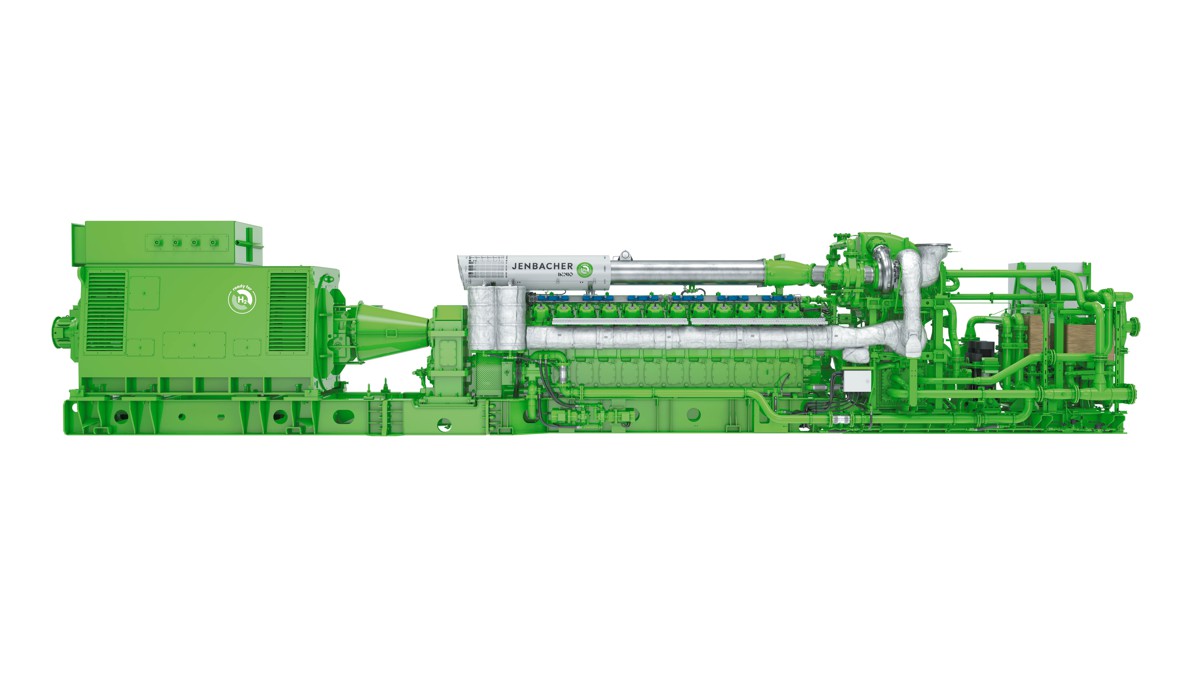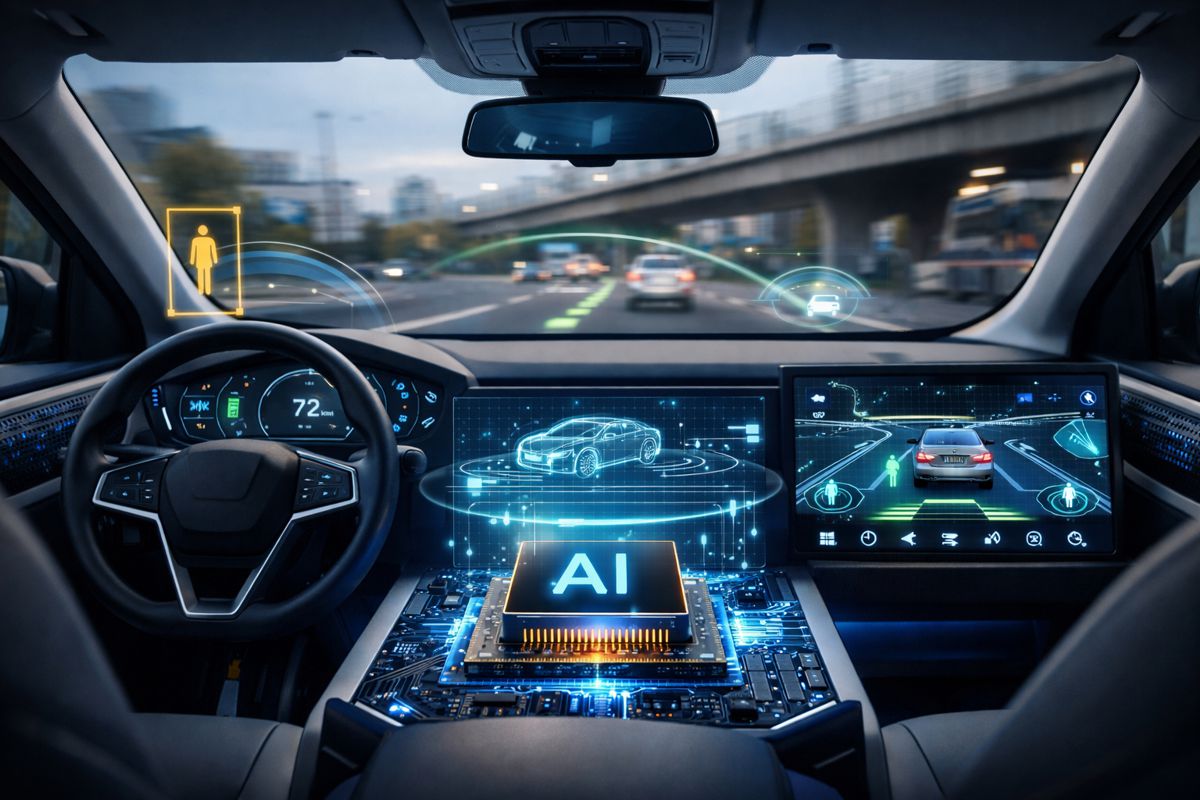AI Gets Smarter with Enhanced Decision-Making with Limited Data
Artificial Intelligence (AI) is transforming industries worldwide, but a persistent problem hampers its full potential: incomplete data. Like trying to solve a jigsaw puzzle with missing pieces, AI struggles to make accurate predictions and decisions when critical information is unavailable.
Researchers at Harbin Institute of Technology and Singapore Management University have introduced LR-GCN, a novel AI method poised to revolutionise how AI copes with incomplete data.
The innovative approach, called LR-GCN (Logical Reasoning Graph Convolutional Network), significantly enhances AI’s ability to predict missing information—by an impressive 17%. Essentially, LR-GCN empowers AI to become an adept investigator, uncovering indirect connections hidden within sparse datasets.
“Our approach significantly expands AI’s capability to reason effectively under real-world conditions, where complete data is rarely available,” says Professor Bing Qin, the lead researcher on the study. “By capturing deeper relationships previously overlooked, LR-GCN not only advances theoretical knowledge but offers substantial practical benefits, making AI more trustworthy for critical applications.”
Beyond Immediate Connections
Traditional AI systems typically rely on direct connections in data—those immediately visible relationships within a dataset. LR-GCN, however, ventures beyond the obvious. By integrating reinforcement learning, logical reasoning, and graph neural networks, it identifies longer-range, indirect connections that conventional methods might miss. These deeper insights substantially boost AI’s analytical power.
Reinforcement learning allows the system to learn progressively from its past decisions, logical reasoning helps it make sense of the relationships between data points, and graph neural networks facilitate the analysis of intricate data structures. Together, these capabilities give LR-GCN a profound advantage over traditional methods.
Making AI Reliable for Critical Applications
Industries today, from healthcare to customer service and virtual assistants to advanced search engines, heavily depend on AI. But when crucial data points are missing, even minor inaccuracies can lead to substantial problems. LR-GCN provides a much-needed solution, significantly reducing the risk of faulty decisions based on incomplete data.
For example, in healthcare diagnostics, missing patient information could dramatically affect diagnostic outcomes. LR-GCN could bridge these gaps, ensuring that diagnoses remain accurate and reliable. Similarly, virtual assistants relying on limited user input can significantly improve their responses, providing users with more accurate, contextually relevant interactions.
Real-World Impact and Industry Adoption
The implications of LR-GCN’s breakthrough extend well beyond theoretical research; its practical applications promise to enhance operational efficiency and decision accuracy significantly. Its potential benefits are already being recognised by industry stakeholders keen on integrating more reliable AI solutions into their operations.
AI systems leveraging LR-GCN could be especially valuable in:
- Healthcare Diagnostics: Enhanced prediction of patient conditions with incomplete medical records.
- Search Engines: Improved search accuracy despite sparse or indirect data.
- Customer Support: More precise automated responses, increasing customer satisfaction and reducing error rates.
- Supply Chain Management: Predictive capabilities strengthened by better identification of indirect supply chain risks.
A New Benchmark for AI Research
Published in the prestigious journal Frontiers of Computer Science, this study highlights the rapidly evolving landscape of AI research. The journal itself plays a crucial role in promoting ground-breaking discoveries, offering comprehensive coverage across all computer science domains, including emerging and multidisciplinary fields.
By regularly publishing original research, reviews, and special topic reports, it keeps researchers globally informed about cutting-edge developments.
Enhancing AI’s Trustworthiness
Trust remains a critical concern for AI adoption. Stakeholders across industries often hesitate due to concerns over AI accuracy, especially with incomplete or fragmented data. LR-GCN directly addresses this challenge, fostering greater confidence in AI systems by improving predictive accuracy and decision-making reliability.
Professor Qin, emphasises: “By enabling AI to reason through indirect and complex relationships, we’re moving towards a future where AI is not only intelligent but also dependable, especially when the stakes are high.”
Looking Forward to Advanced AI Applications
LR-GCN’s innovative approach represents more than just an incremental improvement; it’s a fundamental leap forward. By equipping AI systems to intelligently manage incomplete datasets, LR-GCN opens up new possibilities for AI across diverse sectors, driving technological progress and enabling applications previously considered too complex or unreliable.
As industries and policymakers increasingly rely on AI for crucial decision-making, innovations like LR-GCN will prove essential in ensuring those decisions are sound, informed, and reliable. The future of AI just got significantly smarter—and a lot more dependable.





























